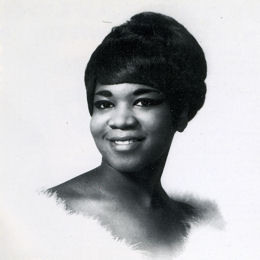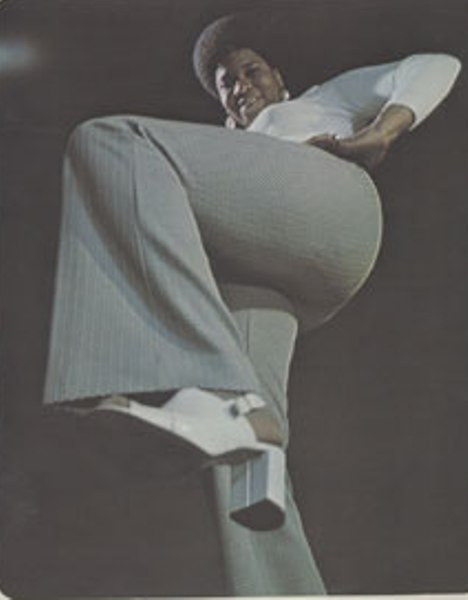Debbie Taylor
Настоящее имя: Debbie Taylor
Об исполнителе:
Born Maddie (pronounced “may-dee”) Bell Galvin in Norfolk, Virginia on June 23, 1947, she is one more among many Soul/Funk/Jazz vocalists from the 1960s/1970s whose much deserved critical acclaim did not translate into a lot of commercial success. She began singing Gospel at a young age and toured in the genre by the time she hit her teens, but when she turned to secular music, and out of consideration for her family’s deep-rooted beliefs, she took the stage name Debbie Taylor. In her early 20s she was spotted by Decca Records talent scout Joe Medlin who brought her to Willie Mitchell’s recording studio in Memphis in early 1967 where she cut The Last Laugh Is On The Blues, I Get The Blues, Check Yourself and Wait Until I’m Gone. All produced by Medlin, the first two were paired as Decca 32090 but went nowhere when released sometime in Jan-Feb, and it would be a full year before the second pairing came out as Decca 32259. By late March-early April 1968 the soulful Check Yourself, penned by Isaac Hayes and David Porter, was clocking in at # 37 R&B for her first modest taste of national fame. A year later she turned up at Gerard W. Purcell’s NYC-based GWP Records where she would have 4 sporadic releases into 1970, starting with Never Gonna Let Him Know and Let’s Prove Them Wrong. Arranged and conducted by Ed Bland, Never Gonna Let Him Know became her best when it topped out at # 18 R&B and # 86 Billboard Pop Hot 100 in the March-May stretch of 1969 as GWP 501. However, three singles released later in 1969/early 1970 went nowhere - Don't Let It End b/w How Long Can This Last? as GWP 510 and No Brag Just Fact by The Hesitations b/w Momma, Look Sharp by Debbie Taylor & The Hesitations as GWP 512 in 1969, and Don't Nobody Mess With My Baby b/w Stop as GWP's Grapevine 202 in 1970. Although she and Purcell parted company, he did recommend her to the Jimmy Curtiss-run Perception Ventures which ran two labels specializing in Soul, Perception and Today Records. For Today, run by Patrick Adams who also produced, she cut the 1972 LP Comin’ Down On You (Today TLP-1007) containing: A1. No If's, And's Or But's (2:50); A2. (I Can't Believe I'm) Touchin' You (3:20); A3. Too Sad To Tell (2:25); A4. Second To None (3:40); A5. Romance Without Finance (2:40); B1. Leaving Him Tomorrow (4:10); B2. No Deposit, No Return (2:40); Eye Doctor (4:10); Jeremiah (4:00). From that came the unsuccessful 1972 single No Deposit, No Return b/w Too Sad To Tell as Today T-1510. The flip-flopping continued in 1973 with the David Jordan-produced I Have Learned To Do Without You b/w Cheaper In The Long Run as Polydor 14219, which failed to chart and likely led to the decision to hold back Superstar b/w A Good Woman Don't Grow On Trees which had been assigned Polydor 14252. In 1975 she recorded I Don’t Wanna Leave You and Just Don’t Pay, both sides written and produced by Jordan, and following a lease arrangement with Arista Records, I Don’t Wanna Leave You was peaking at # 32 R&B but just making the Hot 100 at # 100 by the end of the year as Arista 0144. And that would be it in terms of chart success. She withdrew from the business for a number of years, during which time she married and became Maydie Miles. In 1994 she returned to recording under that name with K4B Records and in 2011 cut the critically-acclaimed (again!) Jazz album “The Ones I Love” (Not On The Label 49485) at which time it was revealed that Debbie Taylor and Mayde Miles were one and the same.
Альтернативные названия:
Вариации названий:
Maydie Myles

